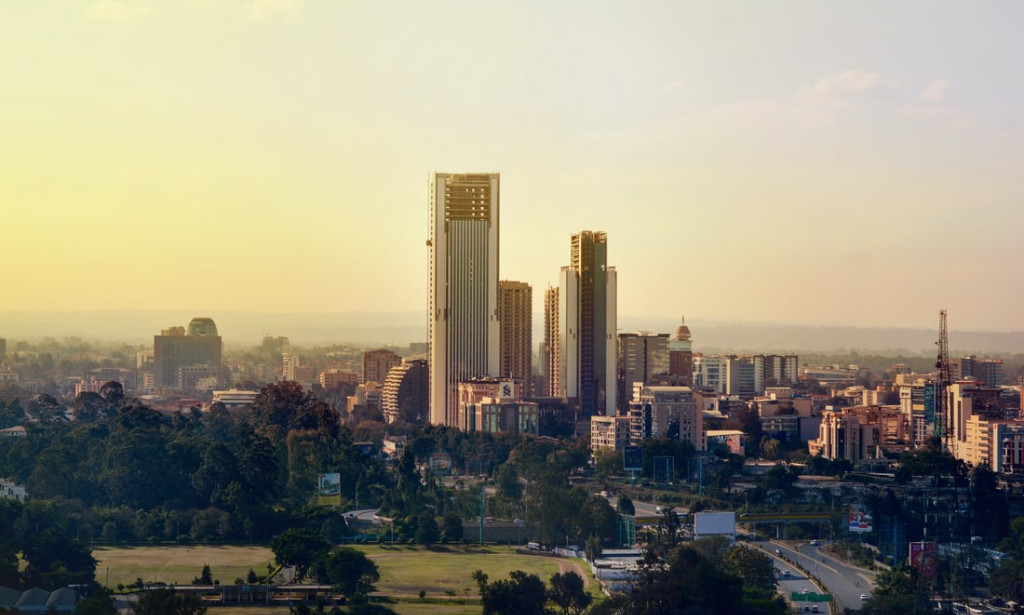Nairobi's Central Business District (CBD), Upper Hill, and Westlands areas have recently experienced a surge in property development, coinciding with the establishment of the expressway aimed at easing congestion.
The advent of Covid-19 prompted major employers to recognize the viability of remote work, realizing that employees can effectively meet performance standards from any location without direct supervision. Many businesses have embraced remote work as a strategic approach rather than solely for social distancing purposes. Studies indicate that employees often perform better when they have autonomy, minimal disruptions, and less managerial oversight.
The ability for individuals to seamlessly connect to high-speed internet from various locations across Nairobi has been a significant advantage. Whether it's from the comfort of their home, parking lot, or even bathroom, individuals can now participate in virtual meetings without interruptions.
Moreover, the cost associated with maintaining full office spaces in prime areas like Westlands and Upper Hill is substantial. Expenses such as staff amenities, utilities, workspace, and parking add up significantly over time. As a result, there has been a reevaluation of the necessity for extensive office spaces, with many companies opting to maintain only essential physical presence for critical functions.
This shift in workspace dynamics has implications for the demand for high-rise office spaces, both locally and globally. Property rates may stabilize or even decrease due to reduced demand. While the widespread adoption of remote work may not be desirable on an industrial scale, a moderated approach could help address the sluggish uptake of high-rise offices and foster urban growth.
Westlands is already home to several prominent blue-chip companies, including Safaricom, Oracle, Kempinski, Sankara, IBM, Microsoft, Ernst and Young, Unilever, and Barclays. Similarly, Upper Hill hosts many major banks, such as Kenya Commercial Bank, Equity Group Holdings, Commercial Bank of Africa, SBM, and Victoria Bank, which play a significant role in shaping the country's economic landscape.
Meanwhile, the Nairobi CBD primarily serves as the administrative center for government and ministerial offices, with smaller retail enterprises occupying the remaining space. Congestion and inadequate infrastructure in the CBD have further incentivized large companies to relocate to Upper Hill and Westlands.
In summary, the evolving landscape of workspace preferences and the continued development of Nairobi's commercial hubs underscore the need for adaptive urban planning and infrastructure development to support future growth.


You must be logged in to post a comment.